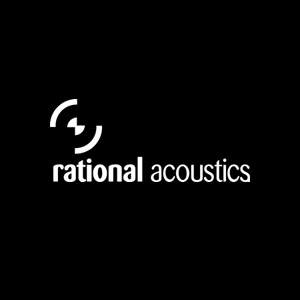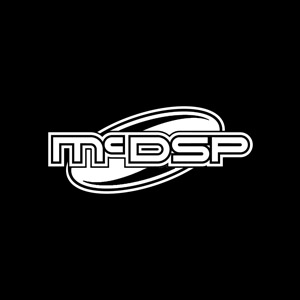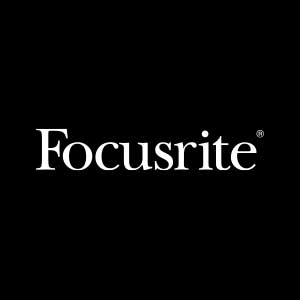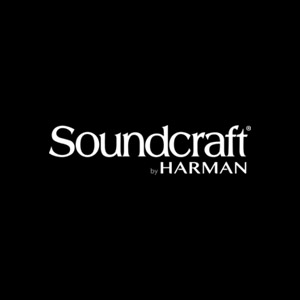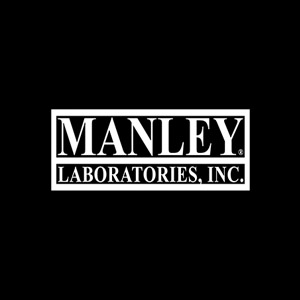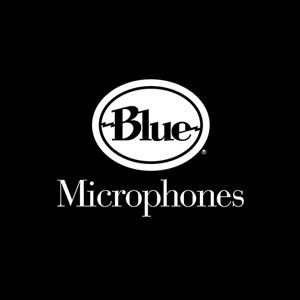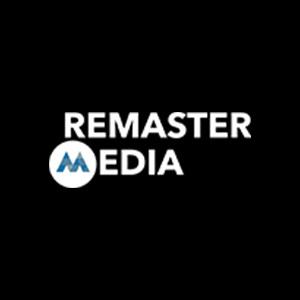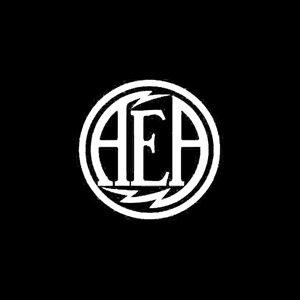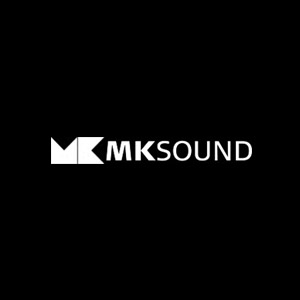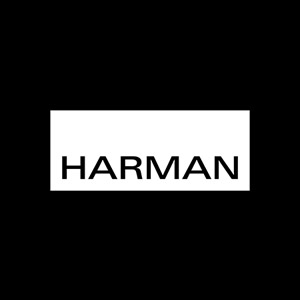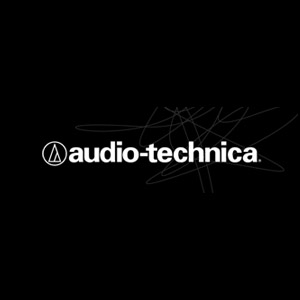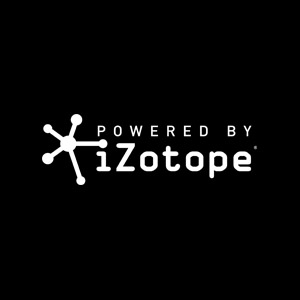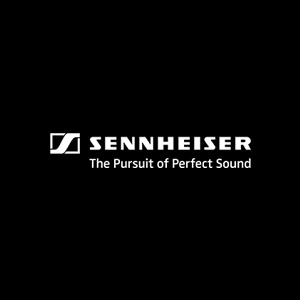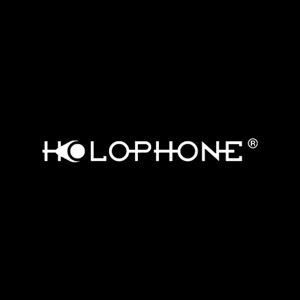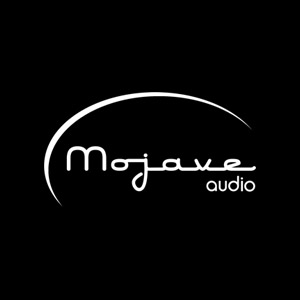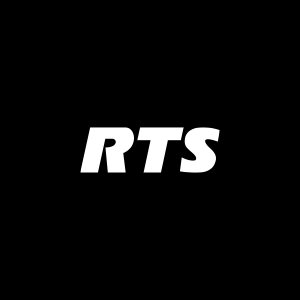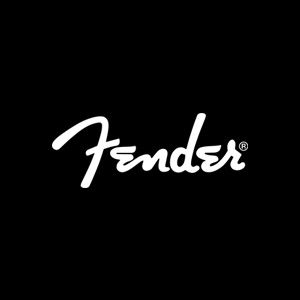Glendale, CA—“For the last 10 years of playing music, I had this question in the back of my head: What am I going to do after this?” says Dann Gallucci, a musician, songwriter, producer and engineer best known for his Grammy-nominated work with Modest Mouse, the Murder City Devils and Cold War Kids. The answer, ultimately, was podcasting.Although Gallucci was in and out of bands and recording studios until relatively recently, he initially stepped away from making music in the mid-2000s. “My daughter was getting to an age where, when she said, ‘I don’t want you to leave,’ it was becoming more heartbreaking by the day. I’d been touring for 20 years and I was able to leave on a high note.”
After graduating with a degree in audio engineering from Arizona’s Conservatory of Recording Arts & Sciences (CRAS), he worked for a while at Phil Ek’s Avast Recording in Seattle until the 2008 recession hit. “So I went on the road and started doing live sound, which I loved,” he says. He worked as M.I.A.’s monitor engineer before moving to FOH with Cold War Kids, Miike Snow and The xx. “I think live sound is absolutely the most important engineering I’ve ever done as far as learning and becoming a better engineer.”
When Cold War Kids lost their guitarist, they called Gallucci, who headed to San Pedro, CA, to help the band build a recording studio. He engineered, produced and mixed, with Lars Stalfors, two albums, also joining the band as guitarist and songwriter.
His transition to podcasting began when he started working on Bullseye with Jesse Thorn, a public radio show produced in Los Angeles and distributed by NPR. “That was my first radio producing job after music. It was full-on boot camp. I did everything on the show and got to learn a ton in a short amount of time,” he says.
Little Everywhere studio and control room
In 2016, he left to set up Little Everywhere, a podcast production house and recording studio, with his partner, Jane Marie, a Peabody and Emmy Award-winning journalist and a 10-year veteran of the weekly public radio show This American Life. “We met and fell in love. I was itching to leave, and Jane was itching to start something,” says Gallucci, who is an ASCAP Songwriter of the Year Award winner.
They found a spot in the Seeley Building, a former furniture warehouse in Glendale, CA, that has been turned into a creative campus with dozens of raw spaces. “I was nervous because we were on a budget and couldn’t hire studio builders, but we had a great contractor,” he says.
Keeping noise out of the studio and control room was a new challenge for Gallucci. “I was so used to trying to keep noise from escaping rooms. We could drive people crazy at the Cold War Kids’ space,” he laughs.
Little Everywhere’s control room and studio are separated by a sliding glass door—another design challenge. “We were trying to figure out how we could see into the room but not have reflections off the glass,” he says. Marie came up with the solution: a heavy drape with a transparent panel that she sewed herself. “It’s my favorite thing in here,” he says.
Having built the Cold War Kids’ studio, outfitting Little Everywhere was a breeze, but the demands of podcasting are different than recording rock ’n’ roll. “This is the first time in my career that I didn’t want any coloration. We want transparency and the best representation of someone’s voice from the microphone.”
Little Everywhere studio
In common with many podcast and broadcast facilities, he chose Shure SM7B microphones, although there are other options on the market. “Typically, we don’t get sessions with more than four people, so I’ve got them going through a Cloudlifter CL-4,” which transparently boosts the signals.
To handle telephone interviews, Gallucci had to venture outside his comfort zone. “When I started getting into this stuff, I was going to a very different section of the B&H catalog,” he says, indicating the JK Audio innkeeper LTD digital hybrid used to interface the phone lines with his setup.
A Universal Audio UAD-2 Satellite interfaces everything with the Avid Pro Tools 12 HD workstation, but to provide simple signal routing, he opted for a Toft ATB08M analog mixing console, mainly for its matrix section. The desk is mounted on the wall: “It’s space-saving. Isaac [Brock] from Modest Mouse had one of these in his attic studio. It’s got talkback, a master section and the right amount of feeds for what we need. Well, way more than we need, but it’s nice to have options.”
Simplicity of operation—along with great audio quality, of course—is key in a client-facing podcasting studio where producers and engineers are constantly coming through. This year’s projects have included a podcast by Queer Eye’s Karamo Brown and The Jump with Shirley Manson, an interview series hosted by the Garbage singer featuring guests such as Perfume Genius, Courtney Love and Karen O.
“I want everyone who comes in to have simple functionality so they don’t feel weird or have to ask eight million questions,” says Gallucci. “We wanted a space that people could come into and feel comfortable and feel like it was professional.”He still gets to make music occasionally. “If I’m making music for a podcast, it’s because I’m in the middle of mixing and I need some more music. It’s fun—you can almost score in real time.”
The consumer market for podcasts has grown enormously in recent years and shows no sign of slowing. Major players have started investing heavily in podcast production companies, some of which have seen their original content snapped up by film and television—Dirty John being a prime example. While Little Everywhere’s client-based business has kept the lights on, says Gallucci, focusing more on original content would allow the business to grow.
Indeed, he reports, “We just sold the first season of The Dream to Annapurna Pictures.” The investigative documentary podcast series about multilevel marketing, or pyramid schemes, was co-produced by Little Everywhere and Stitcher. They are now working on the second season of the flagship show.
Gallucci reports that Little Everywhere is currently considering a handful of show offers. “We’re trying to navigate what we have the bandwidth for,” he says. But while production space might appear limited, they are also considering expanding into another space in the complex with larger rooms to handle music recording as well as voice recording, sound design and mixing for budget films.
“If we do expand, which we’re hoping to do,” he says, “that changes everything.”


